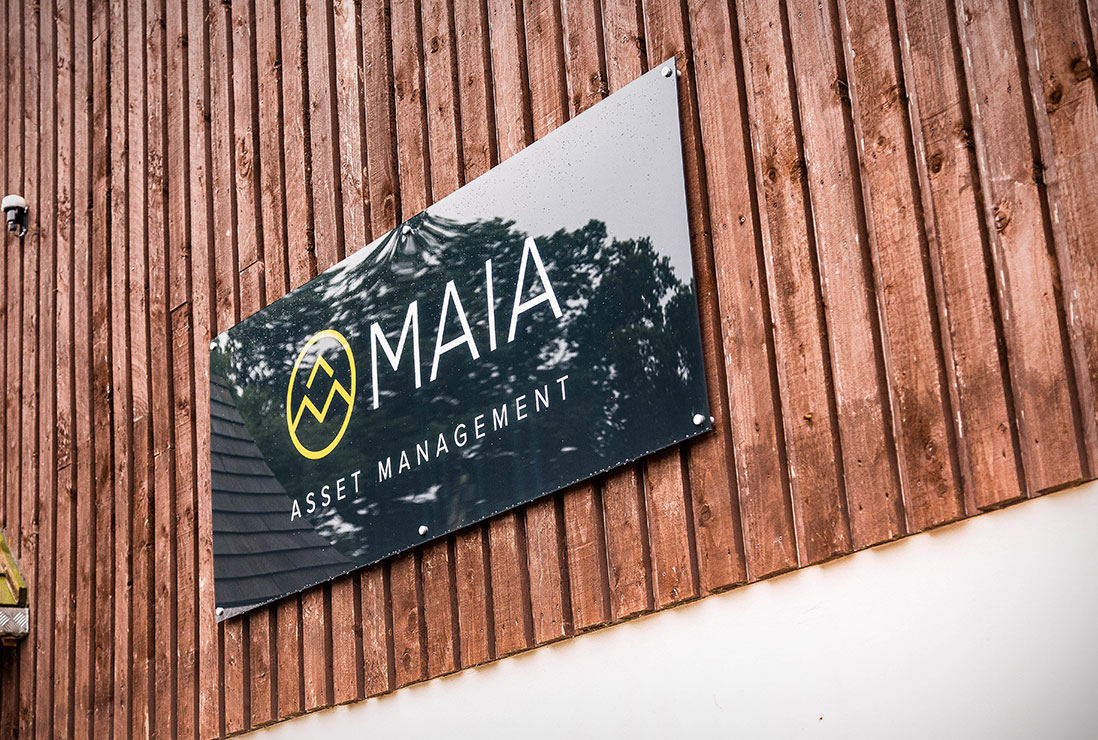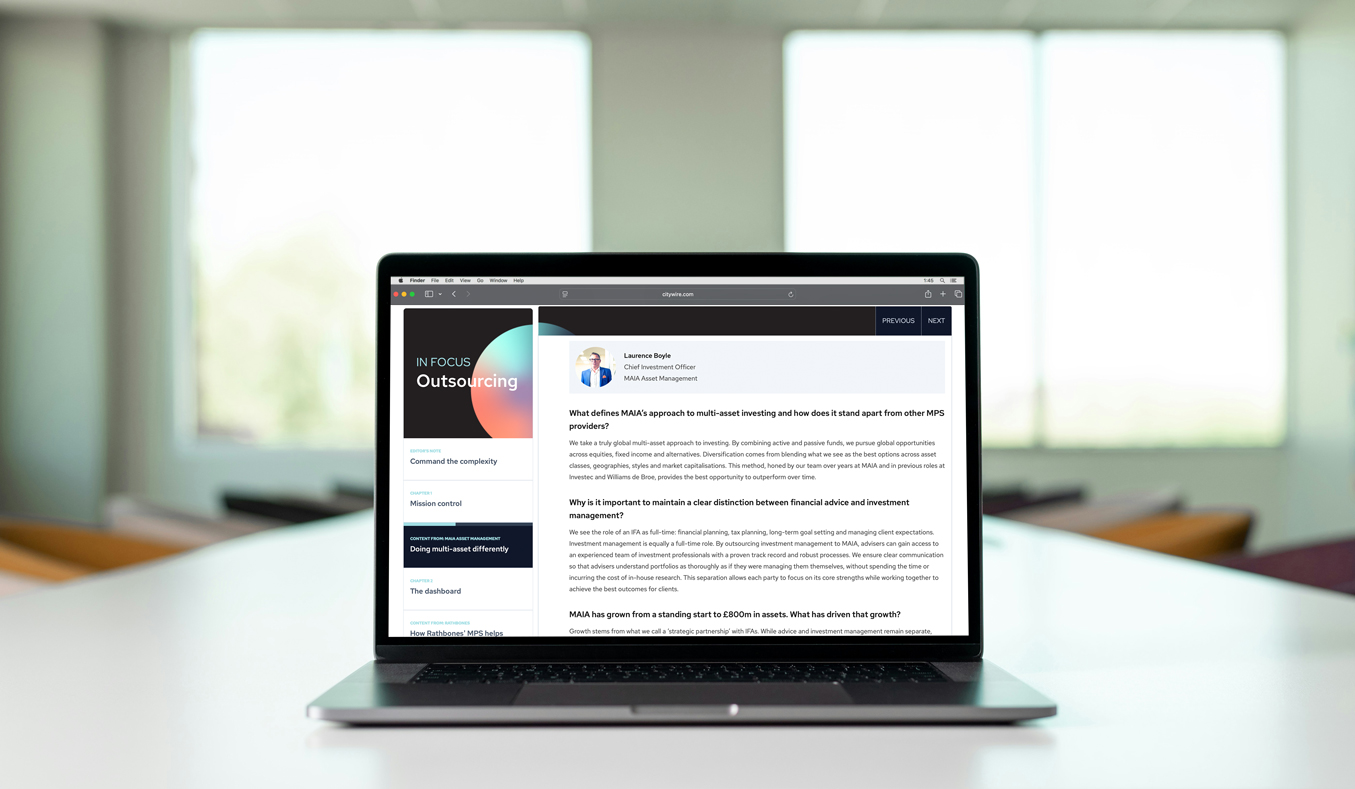
Market Context and Strategy Shift
Despite recent volatility in equity markets, corporate credit has held up relatively well. After the sharp repricing in 2022-2023 -driven by inflation and rate hikes- credit valuations have now stabilised. Yields are attractive again, and with less correlation to equities, credit is once more providing both income and diversification benefits.
Earlier in the decade, ultra-low yields and tight spreads left little room for error. The tide turned with rising inflation, which triggered capital losses in fixed income. However, the reset in valuations created compelling entry points, particularly in credit. Recognising this, we adjusted our fixed income allocations in late 2023- boosting exposure to government bonds and repositioning corporate credit toward active strategies for greater control over yield, duration, and credit quality.
Investment Grade Credit
Sterling-hedged investment grade credit remains our largest allocation. Core holdings include:
- Church House Investment Grade Credit
- Liontrust Monthly Income Bond
- iShares Corporate Bond Index
These funds offer high-quality exposure with low default risk and attractive yields around 5%. Managers are focused on reliable coupon income and selecting strong issuers. The UK remains a key overweight thanks to political stability and wider spreads. Duration is actively managed, and currency risks are hedged to protect against FX volatility in overseas holdings.
High Yield Bonds
High yield remains a foundational strategy, delivering equity-like returns with lower drawdowns and enhanced income. Our allocation is through the Aegon High Yield Bond Fund, a global strategy fully hedged to sterling.
Currently yielding close to 9%, the fund is positioned to benefit from both income and potential capital gains, with bond prices in the mid-90s. Despite brief volatility following April’s tariff announcements, spreads helped cushion losses, and default expectations remain low. Given current starting yields, history suggests strong five-year return prospects, making active management essential in navigating trade and policy uncertainties.
Corporate Hybrid Bonds
In early 2024, we added exposure to corporate hybrid bonds through the Nomura Corporate Hybrid Bond Fund. These instruments blend characteristics of both investment grade and high yield bonds, offering higher yields (just under 7%) with moderate volatility.
The fund targets resilient sectors like telecoms, energy, and utilities while avoiding higher-risk names. With spreads widening modestly despite recent market noise, hybrid bonds are gaining investor attention, and liquidity is improving. The segment’s complexity makes experienced management key to success.
Asian Credit
Our Asian credit exposure, via the Muzinich Asian Credit Fund, provides diversification and access to higher yields in a region often underrepresented in global portfolios. The fund spans both investment grade and high yield across developed and emerging Asian markets and is fully hedged to sterling.
With yields around 5% and a duration under five years, the strategy focuses on income and capital gains from spread tightening. The team’s deep regional expertise has been critical in identifying high-quality opportunities during market dislocations.
Conclusion
The repricing of 2022-2023 reset the landscape for credit investors. Today, yields are stronger, spreads healthier, and corporate credit is once again a powerful tool for income, diversification, and risk management.
Our active approach- grounded in quality selection, currency awareness, and strategic use of specialist managers- positions us well to navigate an uncertain macro environment. With attractive entry points across geographies and sectors, we believe corporate credit can continue to deliver resilient returns in the years ahead.
This website is aimed at Independent Financial Advisers, please tick the box to confirm that you are an IFA before entering the website.








